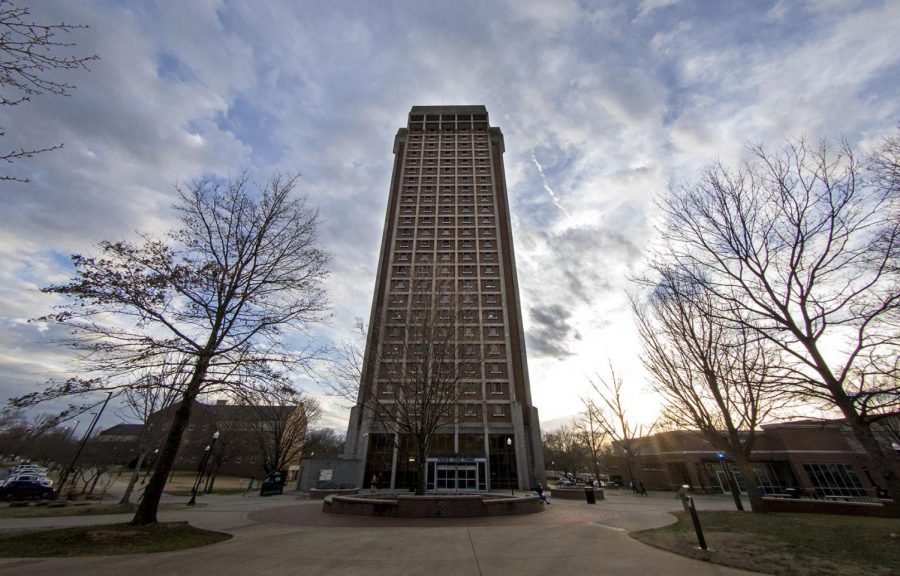Students returning to residence halls will experience new modifications
July 16, 2020
With residence halls opening up at full capacity, students choosing to live in dorms will face modifications to help guarantee safety and still give them an experience.
Residential programming will offer opportunities to students to connect on a smaller scale. Associate Director of Housing Operations Lana Kunkel said that the university is confident with the intentional smaller groups.
Most residence halls will be opened to students. Barnes Campbell Hall,which was scheduled to be demolished, will not be opened for students to live there but will rather be reserved for space if needed.
Changes have been made to every aspect of dorms to abide CDC guidelines. Upon entering, students will be met with plexiglass barriers at the front desks and larger signage to keep them notified of new procedures. There will also be hand sanitizer stations in all residence hall lobbies.
In some residence halls, one way paths or enter/exit only doors will be used, depending on their set up.
The new procedures are as followed: students will be required to wear a mask in all common areas. All common areas will have an occupancy limit for social distancing and will be cleaned more frequently. Community bathrooms will also be cleaned more frequently.
Each area will be labeled with the last time they were cleaned and students can call with a provided number if they believe an area needs more cleaning.
Furniture will be reduced or rearranged to promote social distancing in study rooms, lobbies and more. Elevators will have a smaller occupancy limit.
Students will still be able to check in guests, but only one at a time and encouraged to meet outside if possible. Students will be given a revised roommate agreement to share their concerns and will be required to agree to conditions related to COVID-19.
Floor meetings will continue, but will be modified for social distancing and all participants will be required to a wear face mask when attending, regardless of the location.
Residents will be given a Big Red Restart Kit that will include a face mask, hand sanitizer and disinfectant wipes.
For residents who get COVID-19, a plan has been created with quarantine spaces available based on CDC and local Health Department Guidelines. The public health department will provide contact tracing and speak with anyone who has had exposure to COVID-19.
More updates and information can be found at www.wku.edu/housing/restart.















